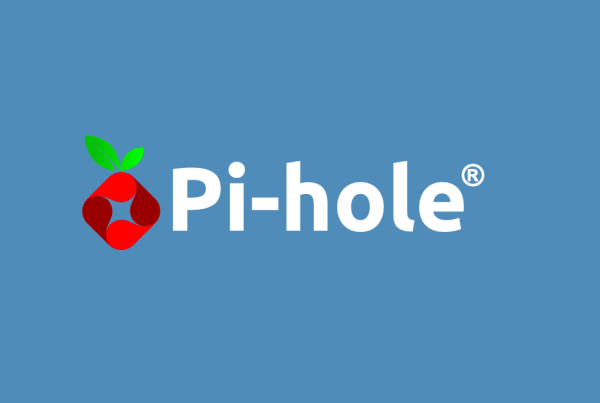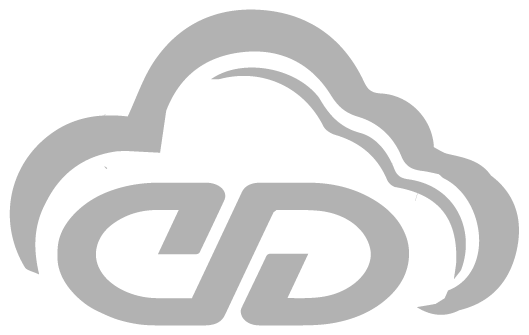Since the first web server was released in 1991, we’ve come a long way. For a long time, Apache was the only web server worthy of note. However, various open-source web servers have gained popularity over time.
What are Web Servers?
A web server is like a butler for the internet. It stores all the files for a website and serves them up to visitors who want to see them. That means it stores all the HTML files, images, videos, and any other kind of file used on a website. Whenever someone wants to view a website, they need to contact the server that hosts it and request the files they want to see. The server then sends them back, allowing the visitor to see the site.
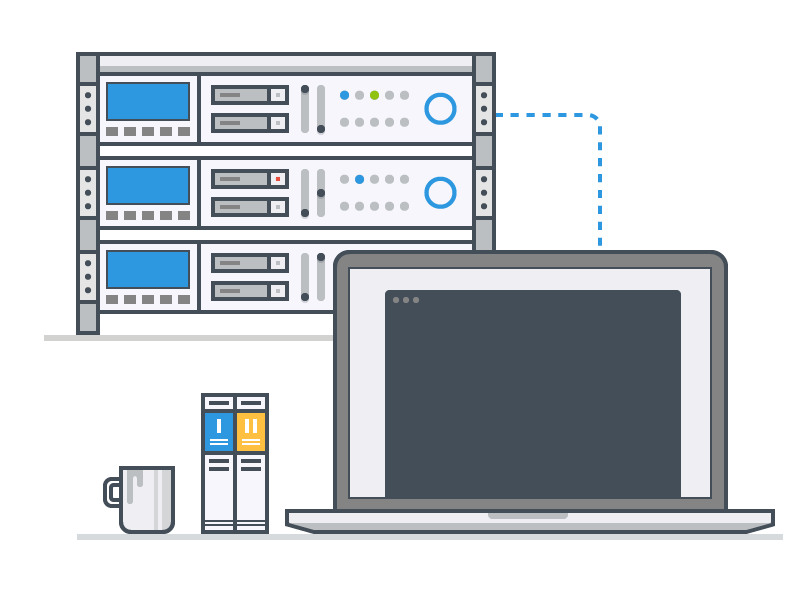
Servers are actually really powerful computers that are purpose-built for hosting websites. They usually run special software that makes it easy to store and serve up website files. And they’re connected to the internet with a really fast connection so that they can quickly send files back to anyone who requests them.
Top 5 Open Source web servers for 2024
Lets look at some of the best opensource web servers.
Apache HTTP Server
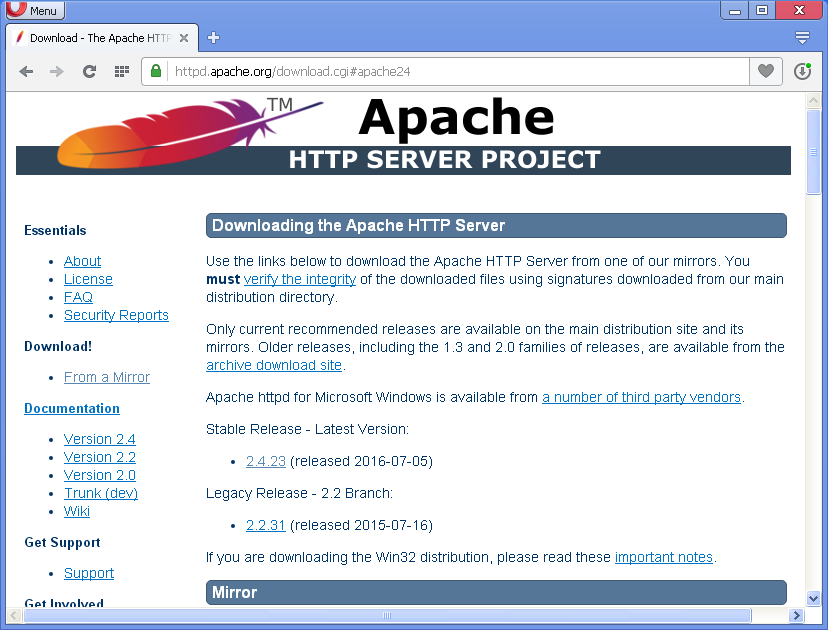
The Apache HTTP Server is a widely used open source web server software. Developed and maintained by the Apache Software Foundation, it is an important part of the modern web landscape. The server software is available for a variety of platforms, including Windows, Linux, and macOS. It is also highly configurable, allowing administrators to tailor its behavior to their specific needs. In addition, the Apache HTTP Server supports a wide range of features, including virtual hosting, load balancing, and SSL/TLS encryption. As a result, it is little wonder that the Apache HTTP Server is one of the most popular web server options available today.
NGINX
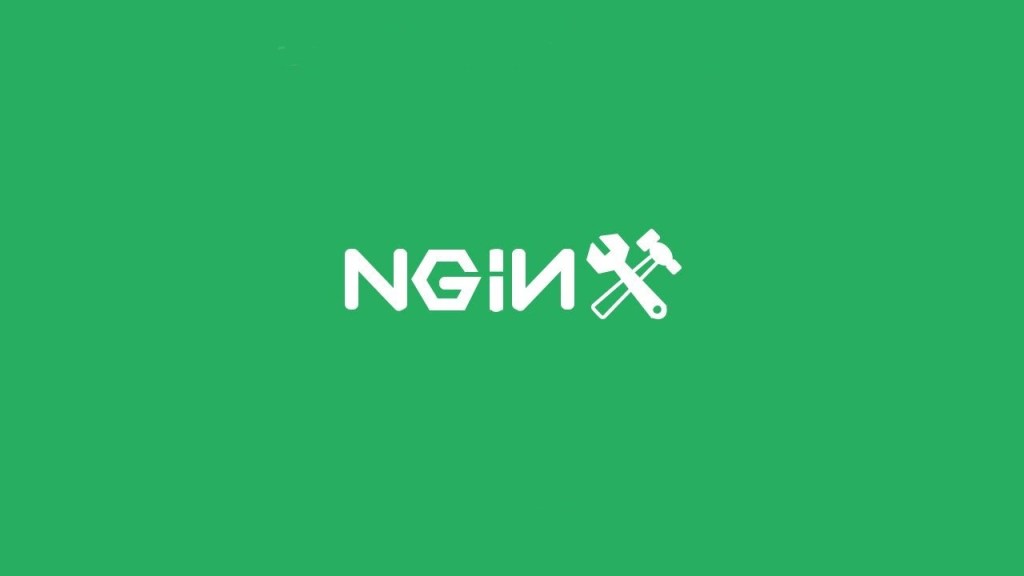
As any web developer knows, NGINX is a powerful tool for managing server traffic. Its simple configuration syntax and high performance make it an ideal choice for busy sites.
However, NGINX is also known for its quirky sense of humor. For example, the error page for “404 Not Found” features a picture of a garden gnome with the caption “Please stop looking for things that aren’t here.” While this may not be everyone’s cup of tea, it’s undeniably NGINX’s unique personality that sets it apart from other web servers.
So if you’re looking for a server that can handle high traffic levels with ease and has a sense of humor to boot, NGINX is the clear choice.
Lighttpd
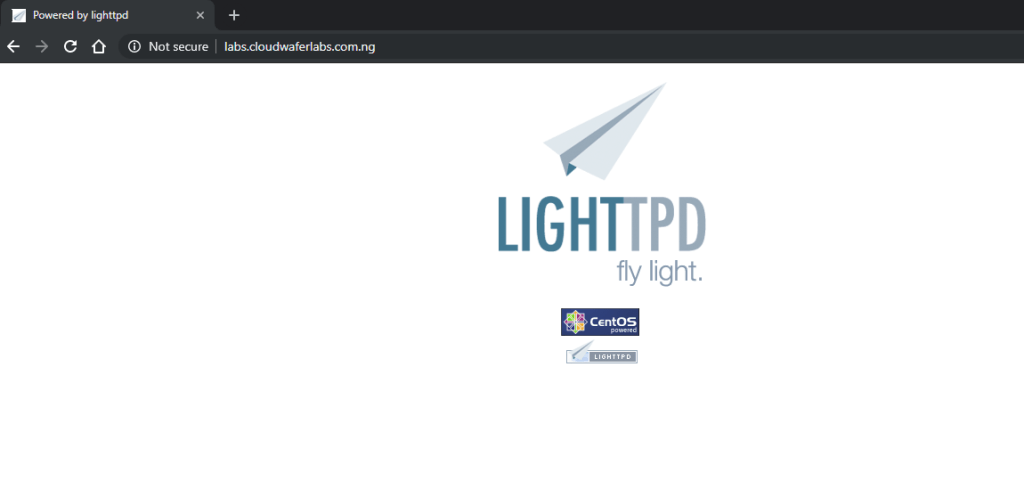
Lighttpd is a free and open-source web server that is designed to be light on resources. It is particularly well-suited for environments where low resource consumption is a priority, such as embedded devices or virtual private servers. Lighttpd also has a number of features that make it an attractive choice for web hosting, such as support for FastCGI, virtual hosting, and URL rewriting.
While it lacks some of the features of more full-featured web servers, such as Apache or Nginx, it more than makes up for it with its low resource consumption and ease of configuration. If you’re looking for a web server that won’t weigh down your system, Lighttpd is worth considering.
Hiawatha
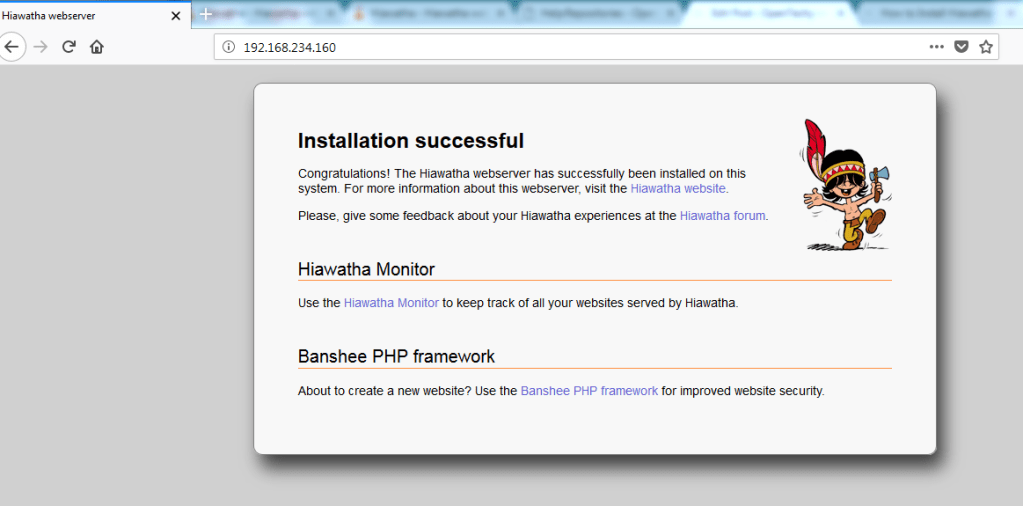
Hiawatha is a web server, first released in 2002, with a unique set of features. First and foremost, it is designed to be secure by default, with a number of built-in security features that prevent common attacks. In fact, it’s so popular that it’s used by some of the biggest names on the web, including Facebook, Twitter, and Google.
Secondly, it is fast and lightweight, making it ideal for high-traffic websites. And finally, it is easy to configure and use, with a simple yet powerful configuration syntax. In short, Hiawatha is the perfect web server for those who want security, speed, and simplicity.
Caddy Web Server
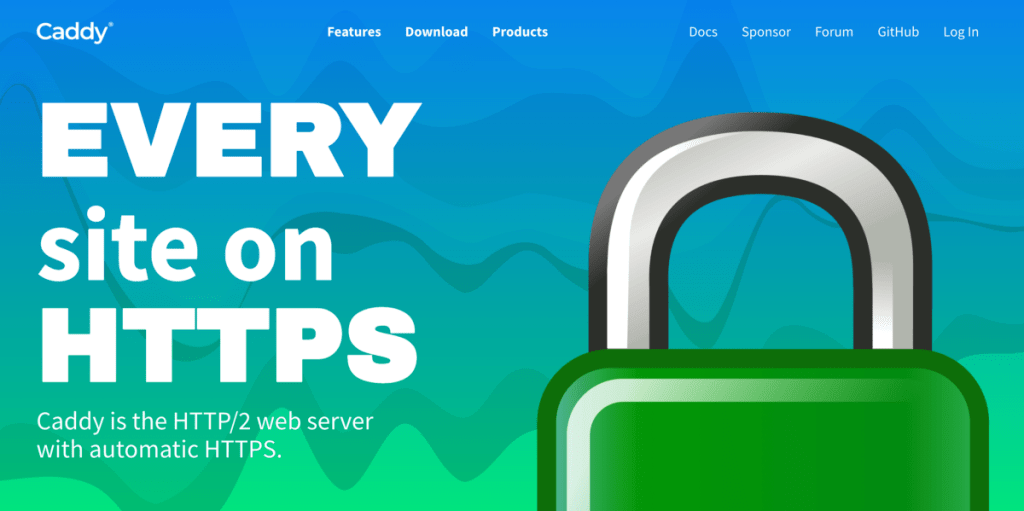
Caddy is a newer open-source Web server that is designed to be easy to use and configure. It has a number of features that make it stand out from other Web servers, including its built-in support for HTTPS and its ability to proxy requests to other services.
Caddy, Written in Go, is also extremely lightweight, making it ideal for running on servers with limited resources. In addition, Caddy comes with a number of built-in plugins that can be used to add additional functionality, such as caching and compression. Overall, Caddy is a great choice for anyone looking for an easy-to-use Web server that can be easily configured to meet their needs.
Conclusion
In conclusion, the web server is a crucial piece of technology that enables us to access the internet. It is responsible for hosting websites and handling requests from clients, such as browsers. Without a web server, we would not be able to enjoy the many benefits of the internet. Thanks to web servers, we can stay connected with our friends and family, get the news, do our shopping, and much more. So the next time you use the internet, remember to give a little thanks to your trusty web server.


